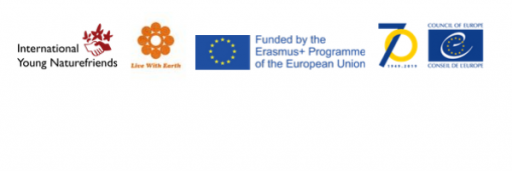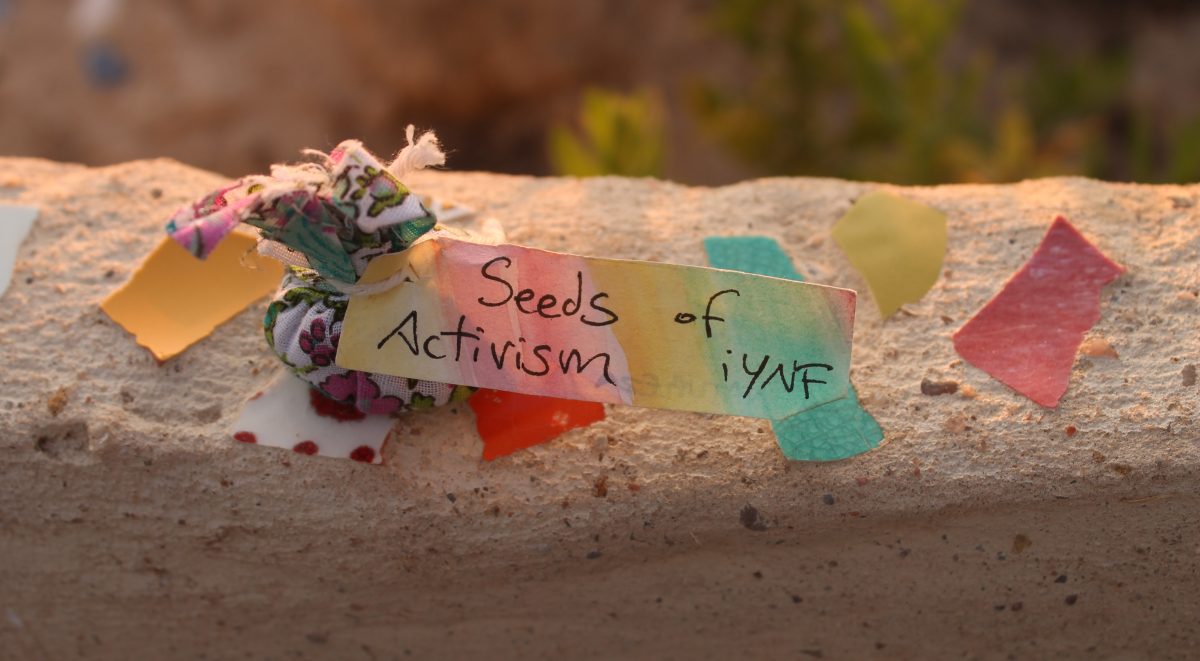
What it is to find like-minded people, gather together in a tiny village in Portugal, being challenged by the setting of a wild area, time pressure and lack of volunteers. This is what our project members Henrique Gonçalves and Lisa Hofmann experienced in the ECO CAMP Summer Training.
By Lisa Hofmann & Rui Vasques / Pictures © Margarida Mota
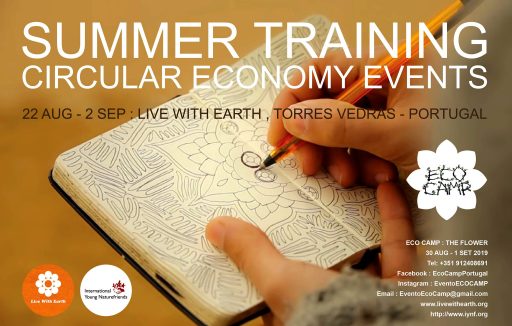
A very new project concept had been created this year in collaboration with IYNF’s partner organization Live With Earth (LWE) in Portugal. In the year 2017 our former EVS volunteer Jolanta Počkaja visited the ECO CAMP, which is one of the projects carried out by Rui Vasques, founder of LWE. After her impressions from the event and several engagements of Rui in IYNF activities the vision of creating a joint project became more realistic. This year’s ECO CAMP would combine the expertises of natural building and non formal education.
Thanks to the IYNF project cycle in 2019 “Flow of Activism” the ECO CAMP: Summer Training in Circular Economy Events could be developed with financial support from European Union donors.
The aim of the training was to learn how to organize a conscious and ecological event for converging people, projects and knowledge through the transition for sustainable development. The rest of the days aimed to focus on creating an unique life changing experience in nature, and natural wonders of the region.
Educational Activities
Although the project happened to have a wide spread promotion, there was a lack of participants. Instead of five people only two could be won to build a small preparation team for the ECO CAMP. Given these circumstances the educational programme had to be readjusted. In a familiar set up we collected expectations, fears, wishes and skills and could create a new programme, that suits our needs best.
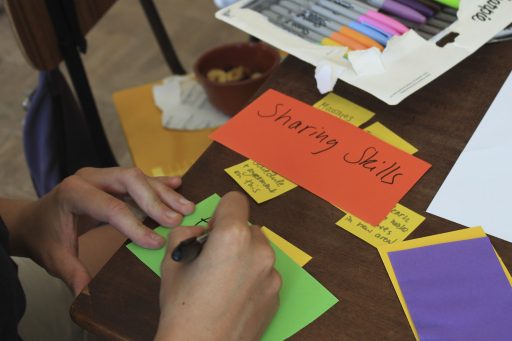
To get to know each other we did team building activities in the natural surroundings while hiking and creating land art. As a team we divided roles and tasks on a daily base. We prepared meals, cleaned the area of the festival side (outside and inside), and drawed information signs for the festival.
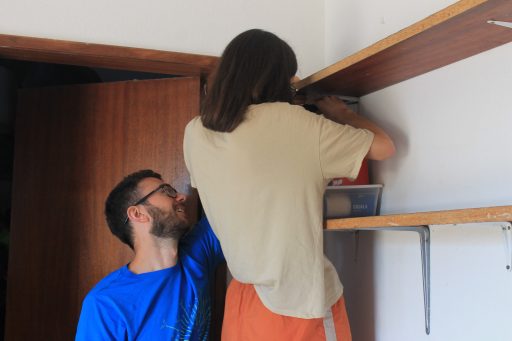
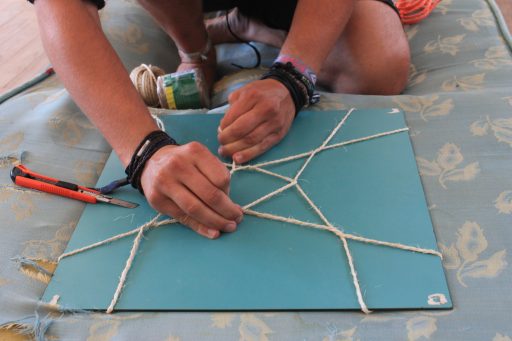
Highlights were the field trips to the seaside in “Santa Cruz” and a visit the local festival “Primal Gathering” in Sintra to experience best practices of a small scale sustainable and conscious event.
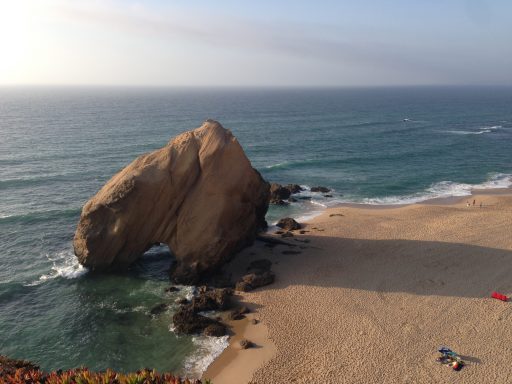
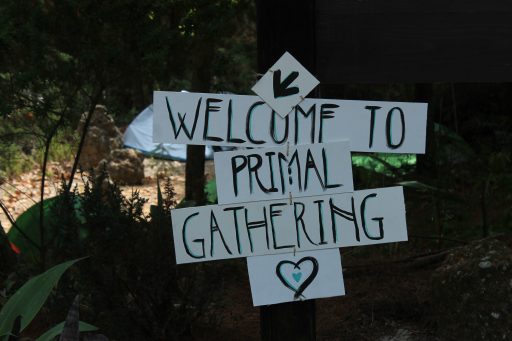
Due to time pressure we were not able to built up eco toilets on the camp side. Instead, the sanitary inside the building had to be used.
After all the necessities were prepared, including the shopping on the local food market in the city of Torres Vedras, the artists for the live music arrived one day before the festival. As a warm up they shared their music at a campfire together with the whole team.
The ECO CAMP 2019
The programme of the ECO CAMP consists of local and international artists and offers a variaty on sustainable and traditional crafting and projects. All in all the festival gathered 25 people in a familiar set up of sharing space and creating a harmonic atmosphere together.
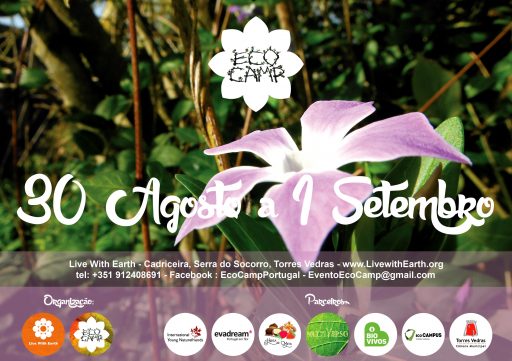
30th August: Humanity and Nature (Day 1)
Forest Bathing (by Lisa Hofmann)
Forest Bathing (jap. Shinrin Yoku) is the mindful, unintentional stroll in the forest, with all the senses wide open. In Japan, it is a recognized health promotion medicine. This preventive approach from western diseases is about re-connection to inner nature. The forest has been proven to affect our emotional, cognitive, aesthetic and spiritual development. Stress hormones are lowered, the immune system is strengthened. Anti-cancer proteins are activated. A forest bath changes walks in the woods sustainably!
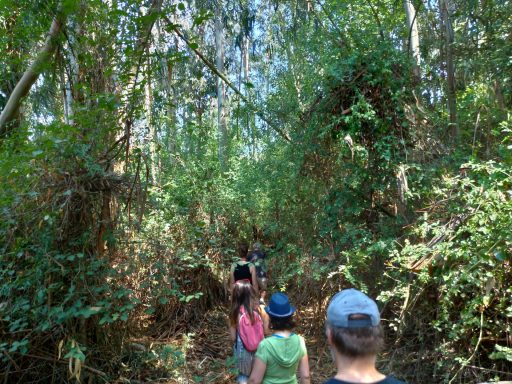
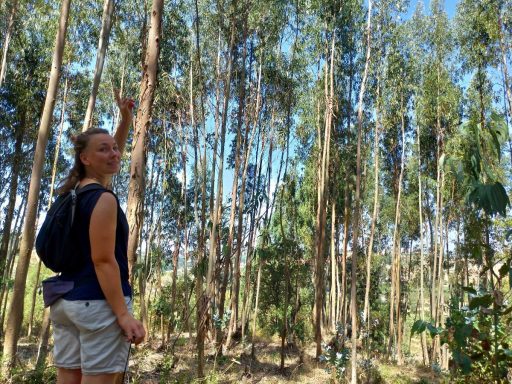
Portable Gardens (by Rui Vasques)
Creation of Portable Gardens in an environmental education practice. Using the local raw materials, as clay, from Serra do Socorro, developing sensitive and creative skills, and also healing process by molding the clay. The concept Earth to build, Earth to plant and Earth to colour. The artistic original gardens could be taken home as a memory.
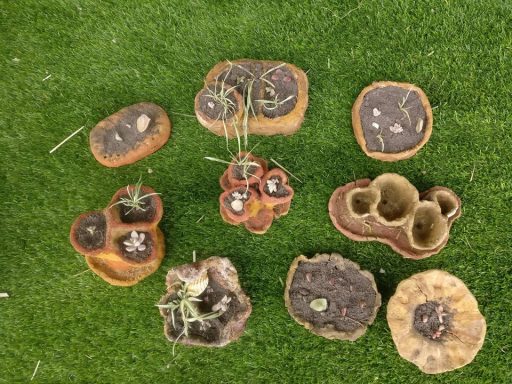
God’s Eyes (by Elisabete Malia)
The Eye of God is a handcrafted piece that originated in the Huichol Indians of Mexico. The technique used is a kind of weaving, made with threads that can be wool or others and sticks that can have different dimensions. The 4-pointed Eye of God represents the 4 elements: Air, Water, Earth, Fire. In Huichol tradition, the Eye of God begins to be made when a child is born. Usually the father starts the play, weaving the central part and then it is built, each year of life, until the child is 5 years old.
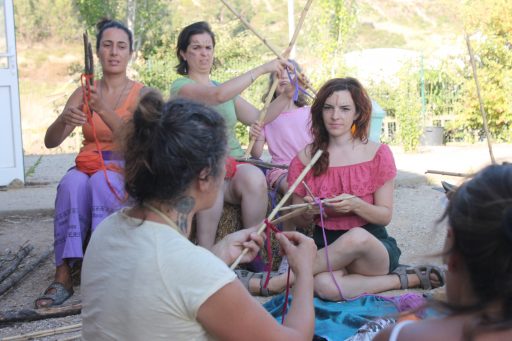
The original designation of God’s Eye is Sikuli which means the power to see and understand unknown things. Thus, this piece represents the symbolic power of the vision and understanding of the unknown. Beyond all the symbolism of the Huichol tradition, building the Eye of God is a practice of relaxation and focus. Allied to a work of color therapy (therapy through colors) that can provide us with good moments of relaxation and awareness.
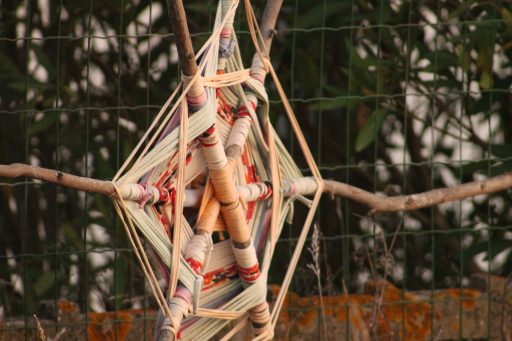
Live Music w/ Multiverso
Three musicians join together each own musical universe: Mariana Milagaia, Mia Passo, and Rui Vasques create original songs and covers mainly through portuguese music in an open project to the participation of other artists and musicians. Some influences can be felt in Soul, R&B, Folk, Reggae, Rock, and other styles.
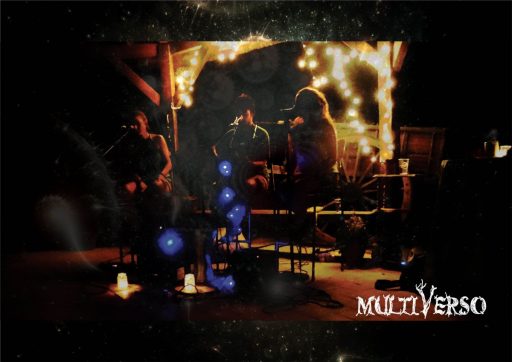
They perform originals and covers, also in english, for entertainment and interaction with the audience. Essentially acoustic, they give focus to the power of the union of voices, and also by the diversity of instruments.
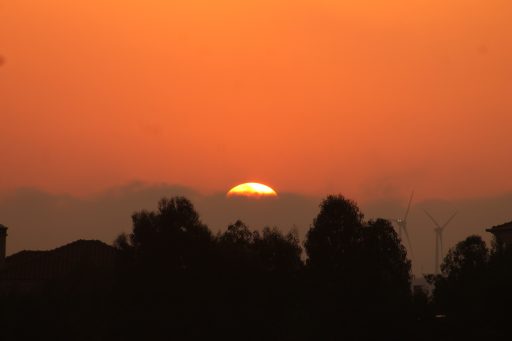
31st August: Health & Well-Being (Day 2)
Lian Gong (by Rui Vasques)
We started the day with Lian Gong, breath and movement, which brings us focus, discipline, taking care of our body, mind, through exercices working our vital energetic field, and ether.
Natural Products & Cosmetics (by Salomé Abreu)
In the morning, Salomé Abreu shared with us the theoretic and practical workshop “Health and Natural Cosmetics”, and we learned how to make natural products based by flowers, as soaps, toothbrush and skin creams.
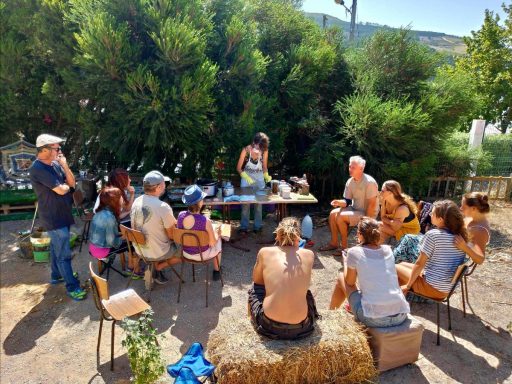
A small, but huge approach to sustainability: cooking an olive oil soap, creating a toothbrush paste and a calendula cream. From the calendula plant will flower the answers to the questions related to our lifestyle patterns and consumerism, which is connected to the whole Earth. Between wild plants, and unconditional love, solutions are created, that nourish our body, soul and spirit.
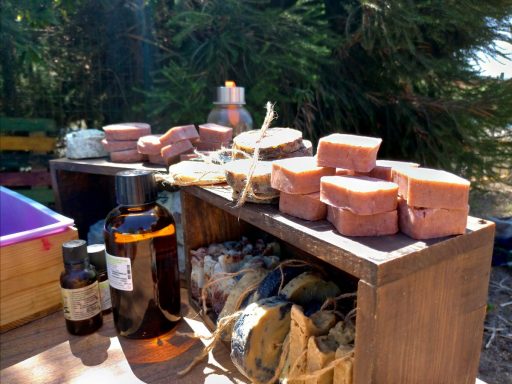
Sound Journey
After the vegetarian lunch, we experienced a Sound Journey (by Rui Vasques, Henrique Gonçalves and Cristiana Bonifácio (Masseur)) for guiding the visitors to other states of conscience and dimensions, by relaxation practice.
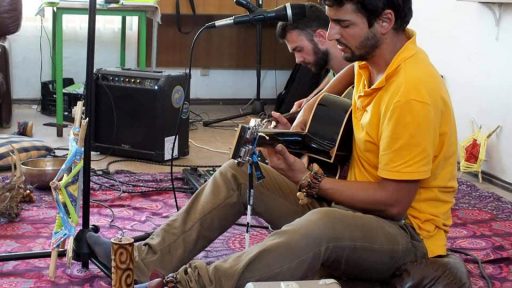
Link to the audio file of the sound journey here!
Eco Painting (by Micaela Jarast)
We had also the workshop “Eco Pictorial” with Micaela Jarast, which showed us the many opportunities how to make natural inks based on earth and natural pigments from nature. The artist made live painting portraits of the participants, followed by an exhibition of its living arts.
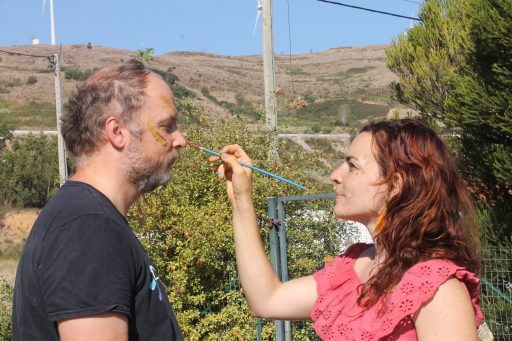
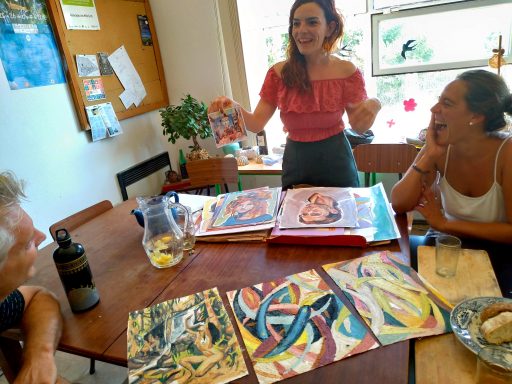
Instagram: https://www.instagram.com/micaelajarast/
In the night, one more concert from MultiVerso by the lights of the moon and the sacred fire.
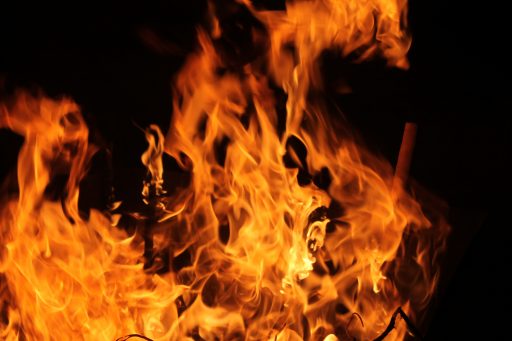
1st September: Community & Citizenship (Day 3)
Project Eva Dream (by António Romano)
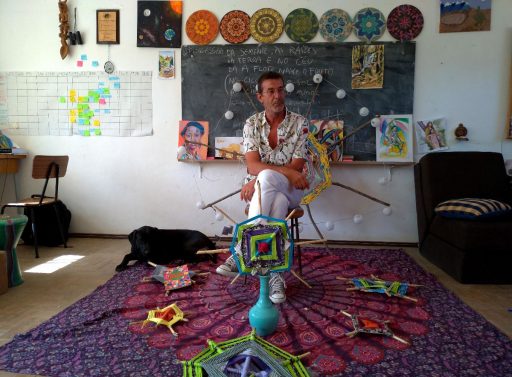
In this third and last day, we had the honour to receive Mister António Romano, the founder of Eva Dream Flowering Portugal. It is a mystic movement, revealing us the current situation of the planet Earth, humanity, and national paradigm, facing to the present catastrophic chaos, and as a part of the global solution.
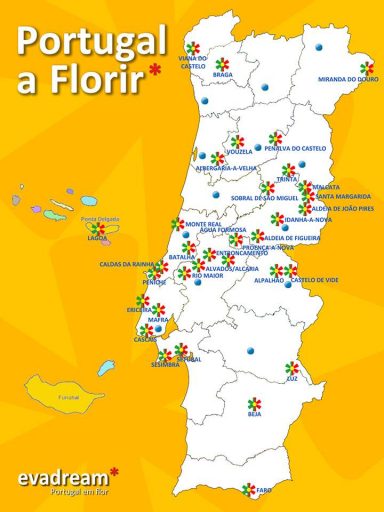
After lunch we crafted more God’s Eyes as symbols of this year’s ECO CAMP edition focussing on the flower.
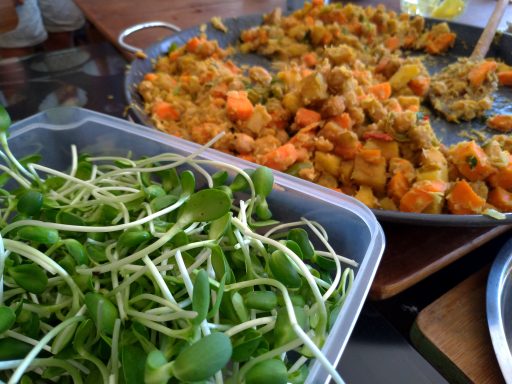
The outcomes were decorated as “Flowers of Cadriceira” all over the village and brought to the local people for teaching them how to create these traditional art pieces.
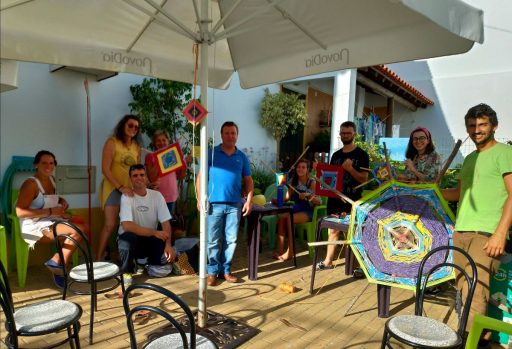
The end was dedicated to a lot of celebration, and we sang the hymn of ECO CAMP to close one more cycle of ECO CAMP activities, organized since 2015, and for the first time with International Young Naturefriends for sharing best practices and learning to change our habits towards a more sustainable living on the earth.
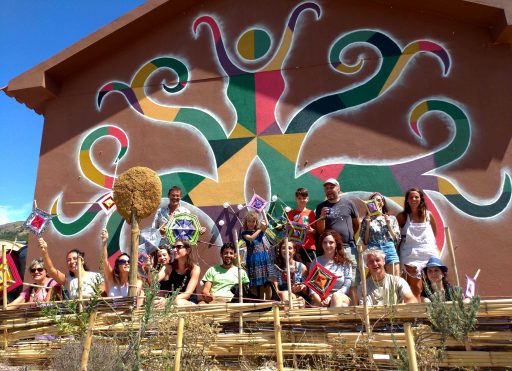
Next ECO CAMP
28th – 30th August 2020
Torres Vedras, Portugal
About
Live with Earth
Live With Earth is located in Cadriceira, Serra do Socorro – Torres Vedras. The place is an old abandoned primary school, that now is transforming into a research center for circular economy. There is a garden, composting system, common room, office, kitchen, storage, bathroom, eco shower, and camping space.
https://www.livewithearth.org/
